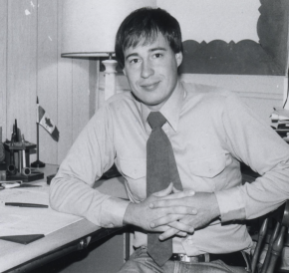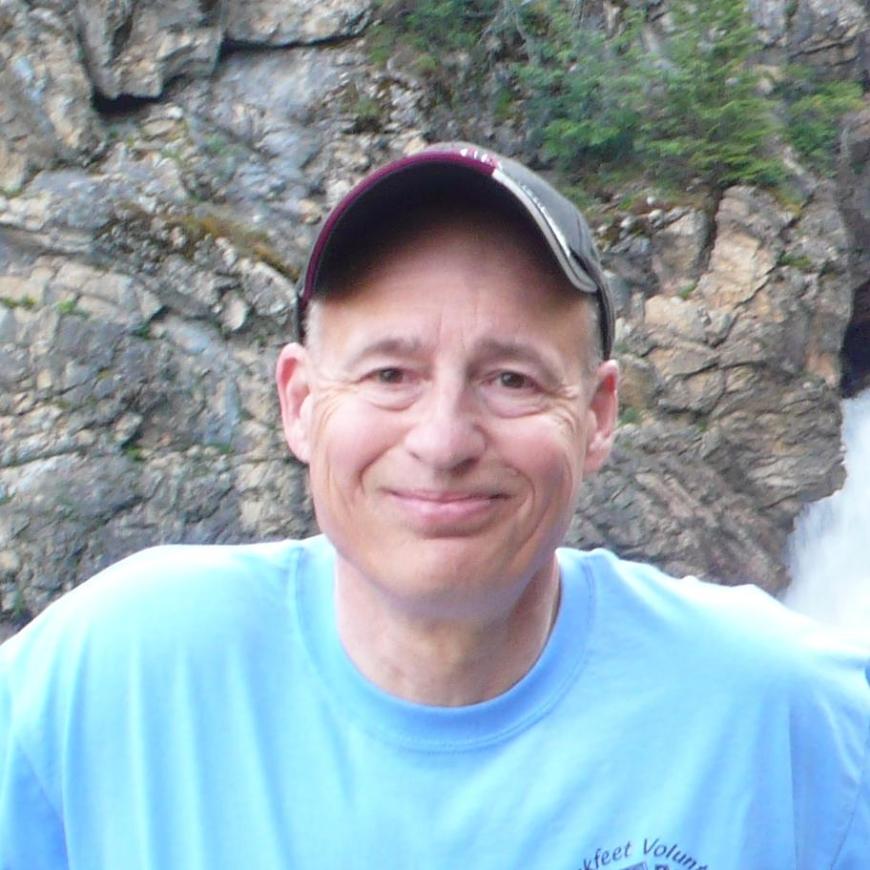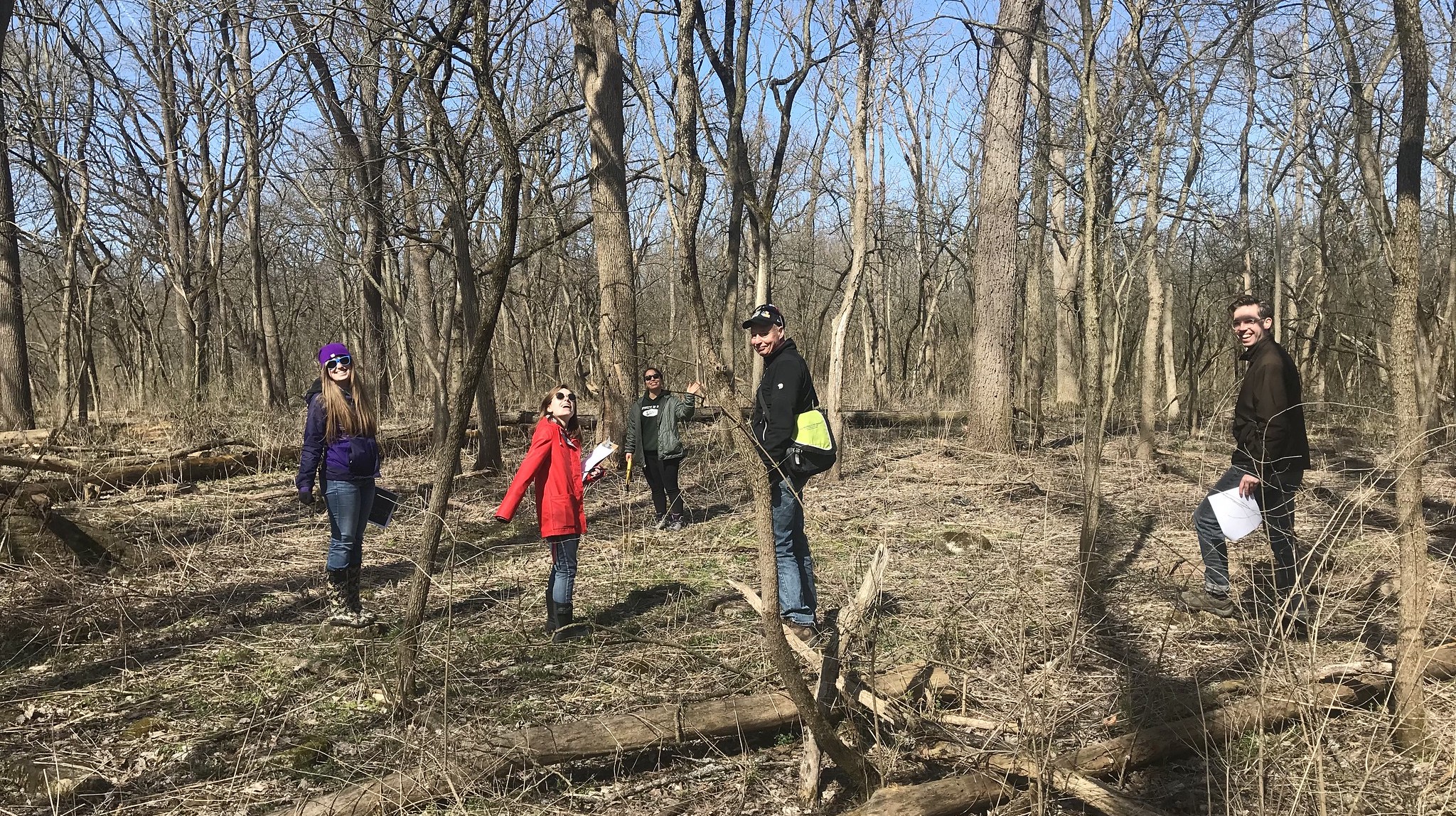Public History
Welcome
From our program founder:
Welcome to the Loyola Public History 40th Anniversary site. The years since 1980 seem to have flown past very quickly, but history is like that as we know all too well. Since that time, the field of public history has grown and evolved into a world-wide movement. We now have tools and techniques to share stories with the public that were undreamed of in 1980. Gone are the Kodak carousels, audio cassettes, and VHS tapes once vital elements of public history media. While technical change has enhanced public history, the COVID-19 crisis has presented daunting challenges to veteran public historians and compromised the hopes of recent graduates. We must take solace in the knowledge that although it has never been easy to forge a career in public history, there is a way forward from this moment. At a time when the nation’s streets ring out with calls for justice and understanding, when monuments to the past tumble to the ground, the need for public historians is greater than ever.
On behalf of all of Loyola’s history faculty, past and present, let me express our gratitude for the energy, imagination, and enthusiasm of students who have made the program what it is today. It has been a privilege to work with you as students and we are proud of the diverse directions you have taken with your post graduate careers.
-Dr. Theodore J. Karamanski
 |
 |
|---|

Public History students doing an archeological survey with Dr. Karamanski in the Cook County Forest Preserve
Public history uses the past to serve a variety of contemporary needs. It entails the application of the skills and methods of history to the study, management, preservation and interpretation of historical records and artifacts. A public historian is a professional who can put his or her knowledge and skills to use in our society in such diverse activities as museum, historical society or archival work; neighborhood or community history projects; historic preservation and cultural resource management programs; and local, state or federal research projects. Working with architects, librarians, business people, government policy analysts, exhibit designers or history enthusiasts, public historians contribute to our knowledge and understanding of the past.

Curricular Information
Public History Program Offerings
Click on any of the following links to see a detailed description of each Public History program offered by the Loyola History Department:
- MA in Public History Program
- MA/MLIS Dual Degree Program
- Public History/American History PhD Program
If you have questions or would like information about Public History opportunities at Loyola, please contact the Director of the Public History Program, Dr. Patirica Mooney-Melvin (pmooney@luc.edu).
Welcome
From our program founder:
Welcome to the Loyola Public History 40th Anniversary site. The years since 1980 seem to have flown past very quickly, but history is like that as we know all too well. Since that time, the field of public history has grown and evolved into a world-wide movement. We now have tools and techniques to share stories with the public that were undreamed of in 1980. Gone are the Kodak carousels, audio cassettes, and VHS tapes once vital elements of public history media. While technical change has enhanced public history, the COVID-19 crisis has presented daunting challenges to veteran public historians and compromised the hopes of recent graduates. We must take solace in the knowledge that although it has never been easy to forge a career in public history, there is a way forward from this moment. At a time when the nation’s streets ring out with calls for justice and understanding, when monuments to the past tumble to the ground, the need for public historians is greater than ever.
On behalf of all of Loyola’s history faculty, past and present, let me express our gratitude for the energy, imagination, and enthusiasm of students who have made the program what it is today. It has been a privilege to work with you as students and we are proud of the diverse directions you have taken with your post graduate careers.
-Dr. Theodore J. Karamanski
 |
 |
|---|
Public history uses the past to serve a variety of contemporary needs. It entails the application of the skills and methods of history to the study, management, preservation and interpretation of historical records and artifacts. A public historian is a professional who can put his or her knowledge and skills to use in our society in such diverse activities as museum, historical society or archival work; neighborhood or community history projects; historic preservation and cultural resource management programs; and local, state or federal research projects. Working with architects, librarians, business people, government policy analysts, exhibit designers or history enthusiasts, public historians contribute to our knowledge and understanding of the past.

Curricular Information
Public History Program Offerings
Click on any of the following links to see a detailed description of each Public History program offered by the Loyola History Department:
- MA in Public History Program
- MA/MLIS Dual Degree Program
- Public History/American History PhD Program
If you have questions or would like information about Public History opportunities at Loyola, please contact the Director of the Public History Program, Dr. Patirica Mooney-Melvin (pmooney@luc.edu).

